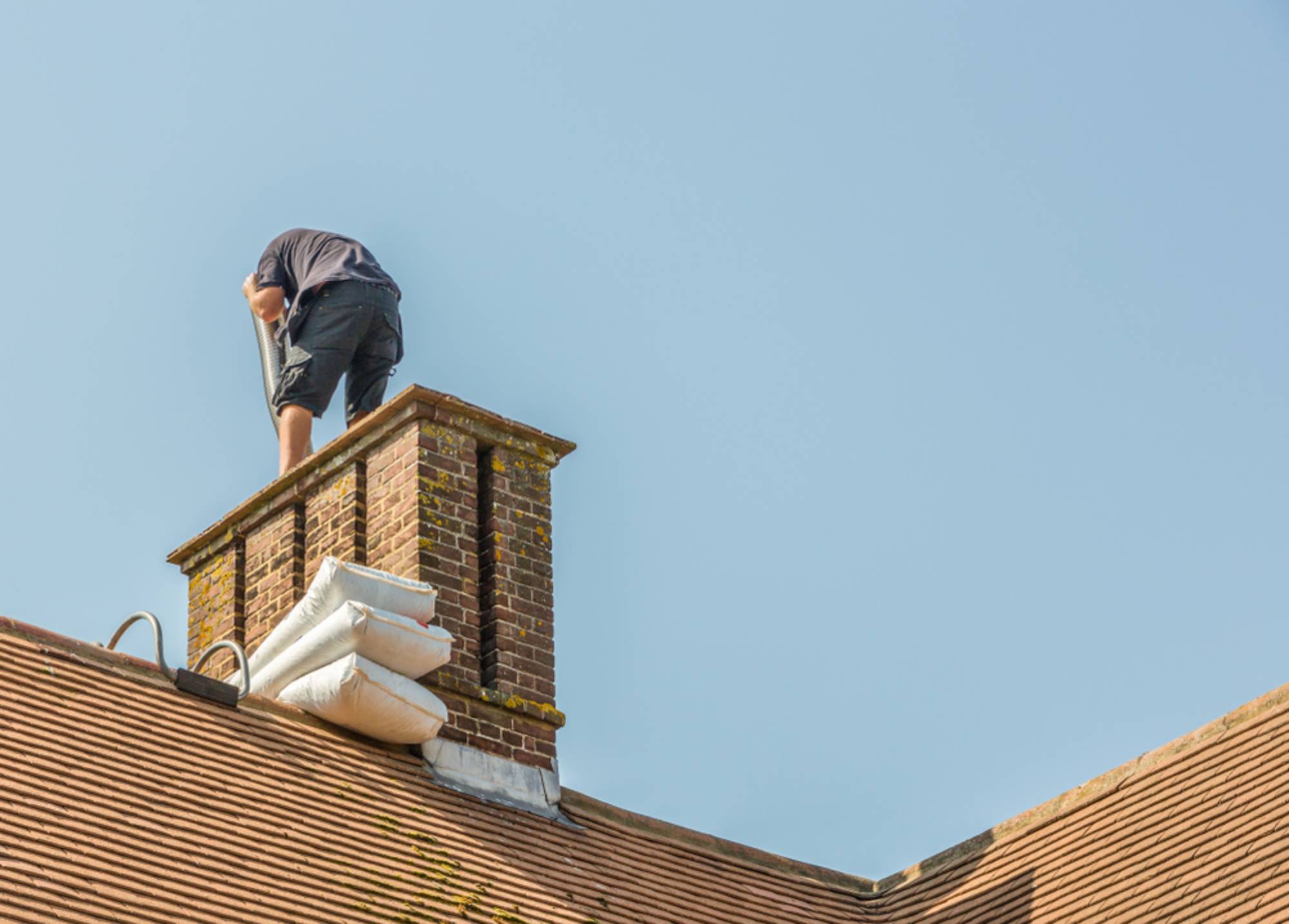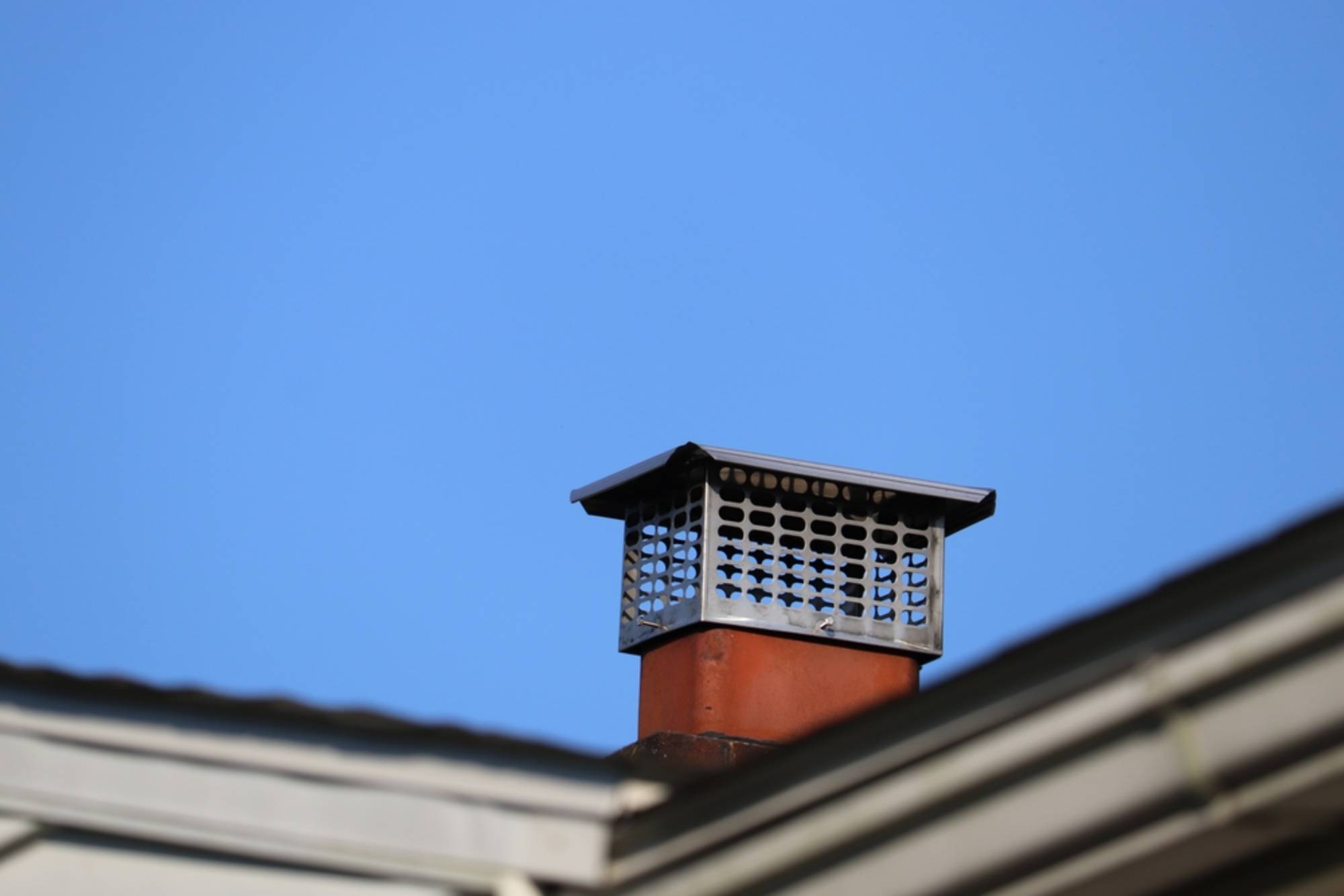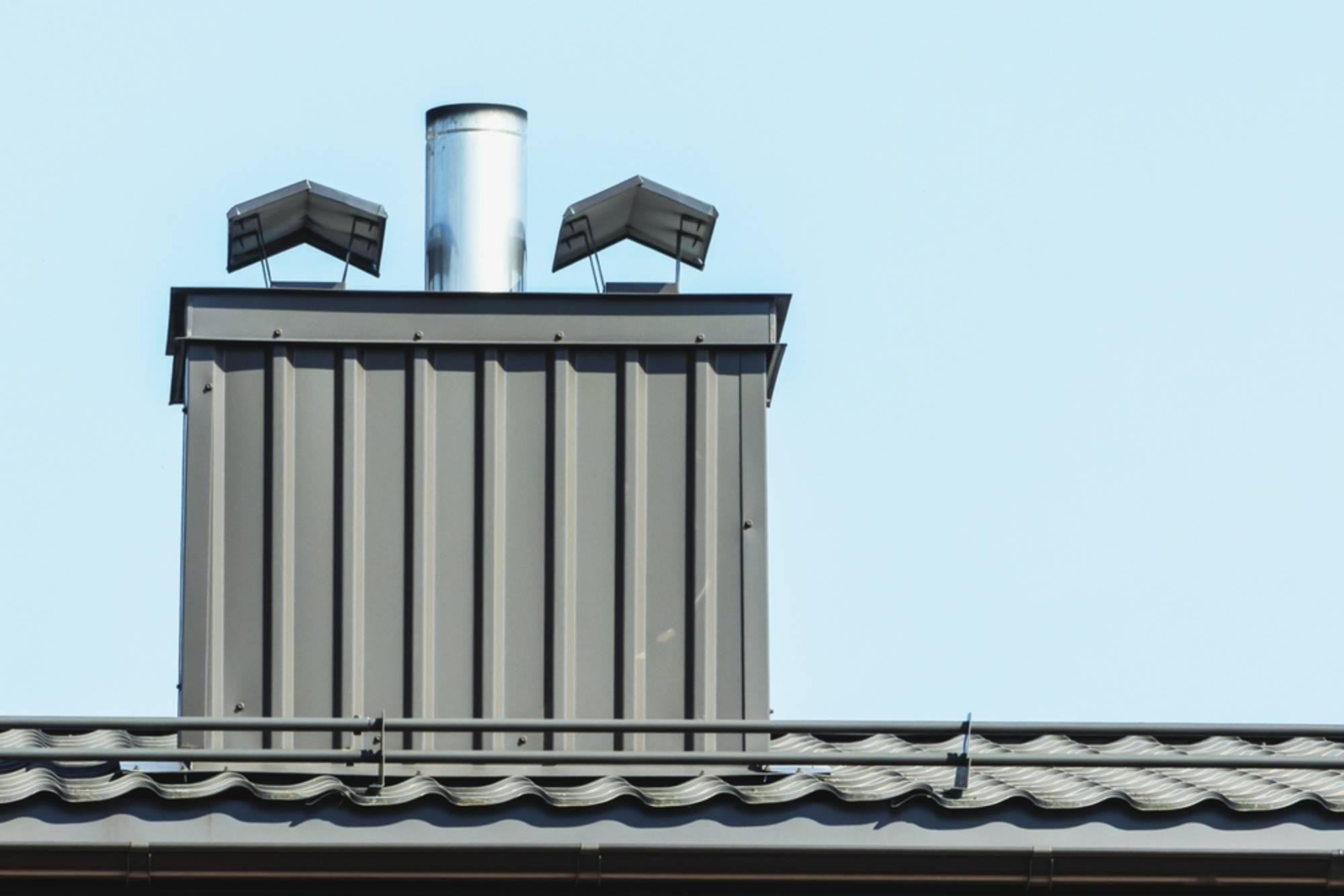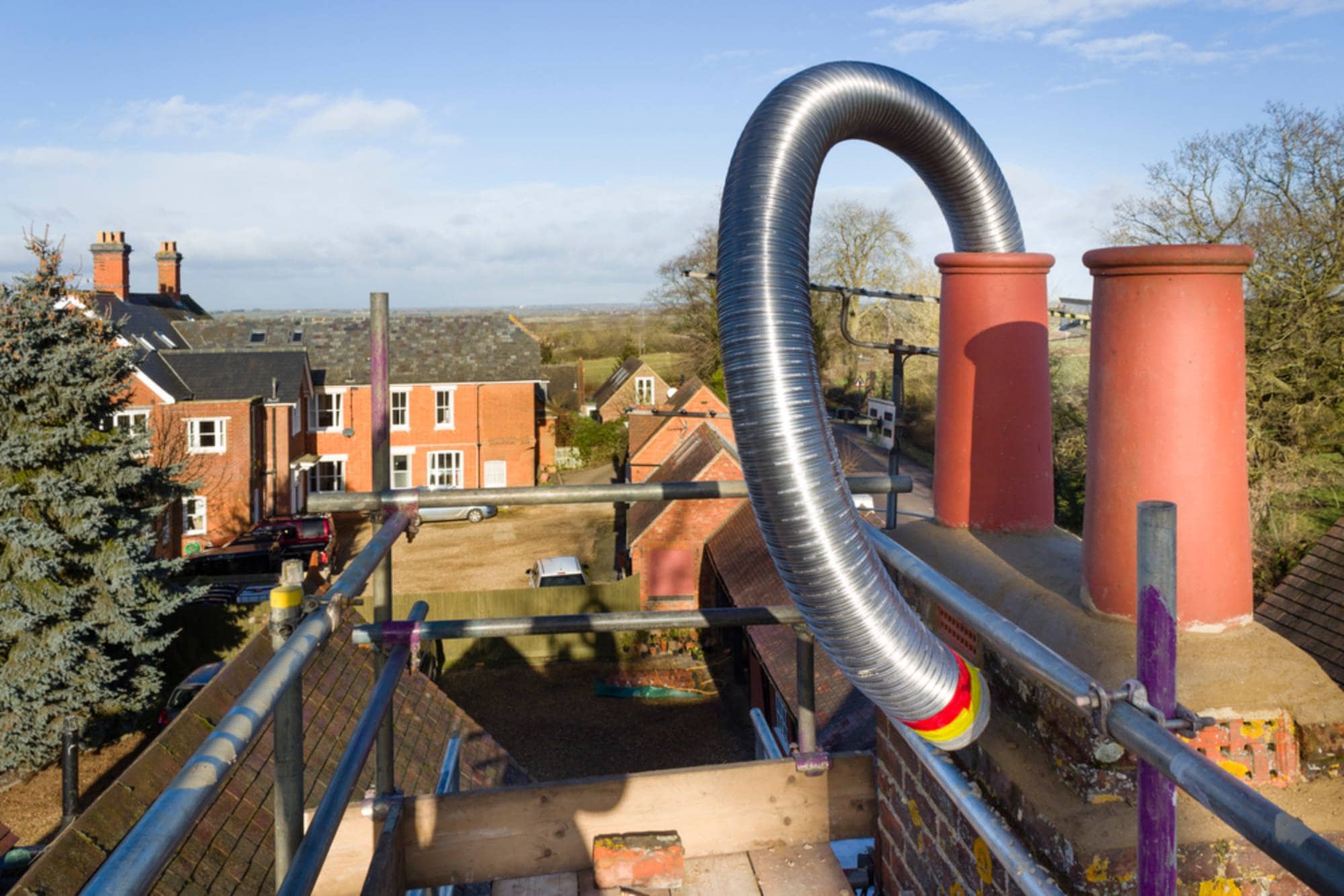Professional chimney liner installation that protects your South Rehoboth home from fire hazards and ensures Massachusetts building code compliance.

Hear from Our Customers

When your chimney liner fails, you’re not just dealing with poor fireplace performance—you’re facing serious safety risks. Carbon monoxide can seep into your living spaces. Fire hazards multiply. Your heating system works harder, costing you more money.
A properly installed chimney liner changes everything. Your fireplace drafts cleanly. Dangerous gases exit safely through the top of your chimney, not into your home. Your heating system runs more efficiently, saving energy costs during those brutal New England winters when heating bills can make or break your monthly budget.
Massachusetts requires all masonry chimneys to be lined for good reason. The right liner installation doesn’t just meet code—it delivers peace of mind that’s worth every penny, especially when you’re protecting a home investment worth nearly half a million dollars in today’s South Rehoboth market.
We’ve been protecting South Rehoboth homes for years, and we understand what homeowners in Bristol County face. Your 1970s and 1980s homes—which make up the majority of housing stock in the area—need chimney systems that can handle New England winters safely and efficiently.
We’re not the cheapest option, and that’s intentional. You’re investing in proper materials, skilled installation, and long-term protection for your significant home investment. Our team knows Massachusetts building codes inside and out, including the specific requirements of Section 780 CMR 6001.8 that mandates chimney liner installation.
South Rehoboth homeowners choose us because we do the job right the first time. No shortcuts, no surprises, just professional certified chimney liner installation that protects what matters most. We’ve seen too many DIY disasters and cut-rate installations that end up costing homeowners thousands more in repairs.

We start with a thorough inspection of your existing chimney system. This tells us exactly what type of liner you need—whether stainless steel, clay, or specialized systems like HeatShield—and if your chimney structure is sound. We also check for any repairs needed before installation.
Next, we remove any old, damaged liner materials and prepare your chimney for the new installation. We use high-quality stainless steel liners that are sized specifically for your chimney dimensions and heating system. No guesswork, no generic solutions that might work for other homes but not yours.
The installation itself requires precision. We carefully insert and secure the new liner, ensuring proper connections and sealing at every joint. This is where experience matters—older Bristol County homes often have unique challenges that require creative solutions. Finally, we test the entire system to confirm everything works correctly and provide you with care instructions to keep your investment protected for years to come.

Ready to get started?
Our chimney liner installation service includes everything you need for a safe, compliant system. We provide stainless steel liners that resist corrosion and handle high temperatures, professional installation that meets Massachusetts building codes, and thorough testing to ensure proper performance. We also handle furnace liners and fireplace liners with the same attention to detail.
For South Rehoboth homeowners, we understand the unique challenges of older homes in Bristol County. Many properties built in the 1970s and 1980s have original chimney systems that were never properly lined or have clay liners that are cracking after decades of freeze-thaw cycles. We specialize in retrofitting these systems with modern liners that improve both safety and efficiency.
Every installation comes with detailed documentation for your records, care instructions, and our commitment to quality workmanship. We also provide guidance on maintenance schedules to keep your system performing safely year after year. This is particularly important in South Rehoboth’s climate, where temperature swings can stress chimney systems throughout the heating season.
